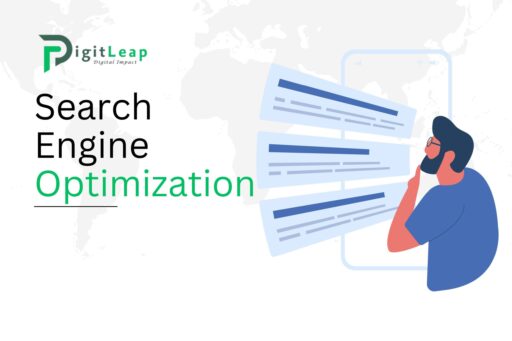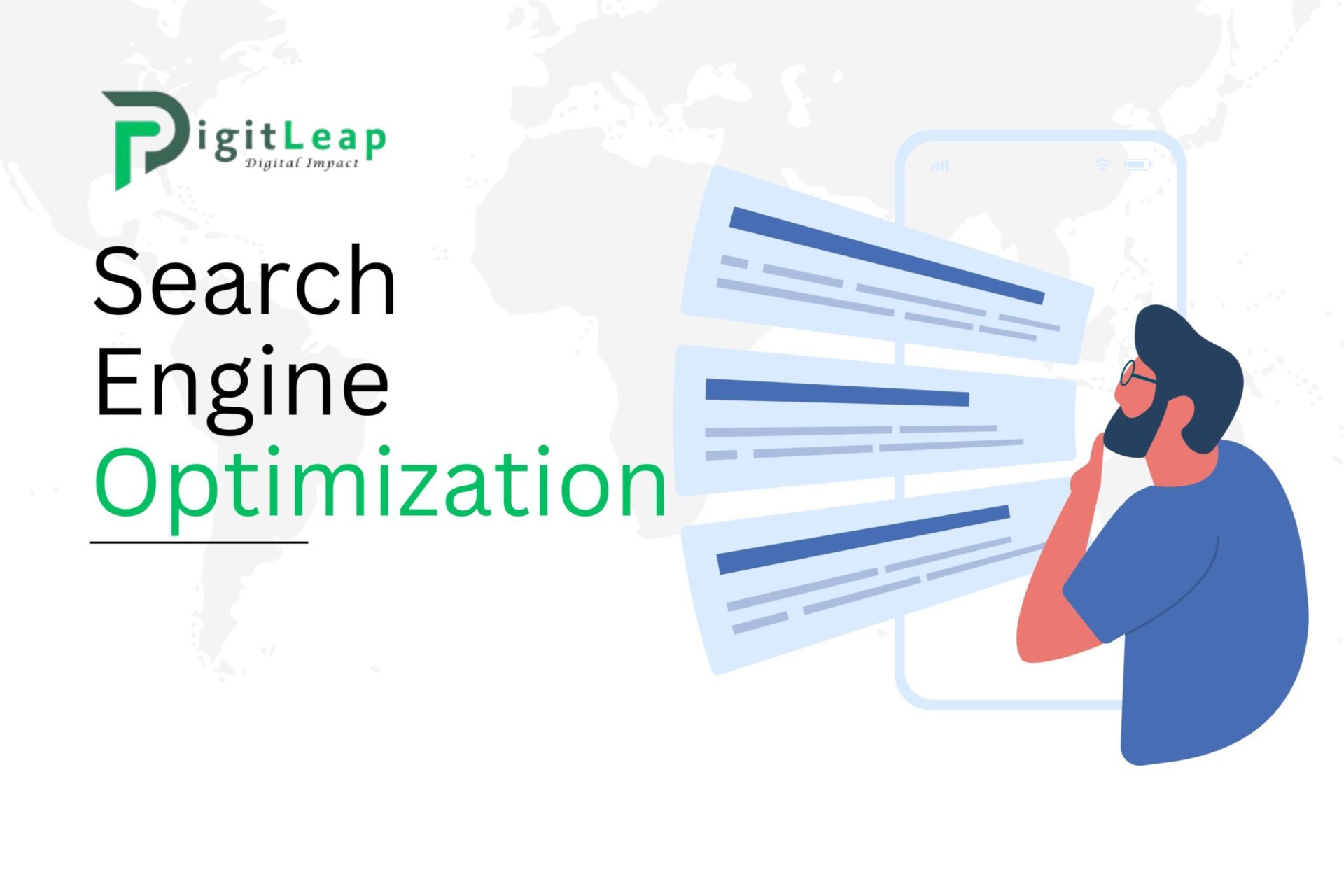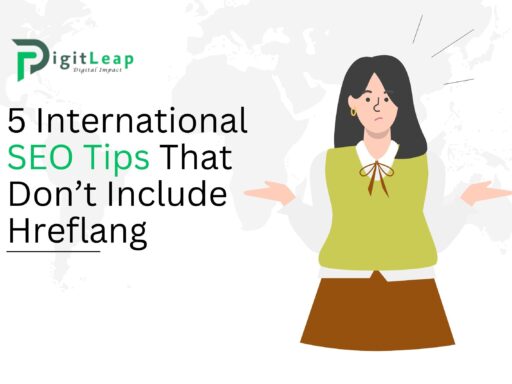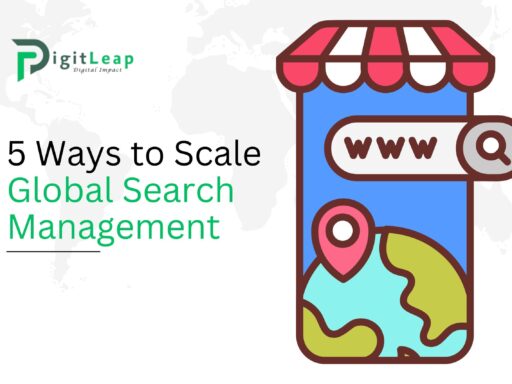Search Engine Optimization, or SEO, is one of the most important aspects of digital marketing. It’s the process of improving your website to increase its visibility when people search for products or services related to your business on search engines like Google, Bing, or Yahoo. The better your SEO, the higher your site ranks on search engine results pages (SERPs), leading to more traffic, potential customers, and, ultimately, higher sales.
But SEO isn’t just about packing your content with keywords or linking to random sites. It’s a strategic process that requires a blend of creativity, technical know-how, and a deep understanding of how search engines work. So, let’s break it down into key elements that can help you improve your SEO and drive more organic traffic to your website.
1. Keyword Research: The Foundation of SEO
One of the first steps in SEO is conducting keyword research. This involves identifying the words and phrases that potential customers use when searching for products or services similar to what you offer. Keywords form the foundation of SEO because they guide the content you create, ensuring it aligns with what users are searching for.
Effective keyword research isn’t just about picking popular terms; it’s about finding the right balance between relevance, search volume, and competition. Tools like Google Keyword Planner, Ahrefs, or SEMrush can help you identify high-value keywords that have the potential to bring in traffic without being too competitive.
2. On-Page SEO: Optimizing Your Website’s Content
Once you have your keywords, the next step is to optimize your website’s content for those keywords. This process, known as on-page SEO, involves optimizing various elements on your web pages to make them more attractive to search engines and users alike.
Here’s what to focus on for on-page SEO:
- Title Tags: Ensure your page titles are descriptive and include your main keyword.
- Meta Descriptions: These short descriptions appear under your page title in search results. Make them compelling and keyword-rich to encourage clicks.
- Headings: Use proper heading structures (H1, H2, H3) and include keywords naturally.
- URL Structure: Keep your URLs simple and include relevant keywords where possible.
- Content: Your content should be valuable, engaging, and optimized with keywords, but avoid keyword stuffing. Search engines prefer content that is written naturally and answers users’ questions.
- Internal Linking: Link to other relevant pages on your site to help search engines crawl your website and users navigate it.
3. Technical SEO: Enhancing the Backend of Your Site
While on-page SEO focuses on content, technical SEO looks at the backend of your website. Search engines need to crawl and index your site to show it in search results, and technical SEO ensures that your site is easy for search engines to access and understand.
Key areas of technical SEO include:
- Site Speed: A slow website can negatively impact user experience and your search rankings. Make sure your site loads quickly by optimizing images, reducing redirects, and using a content delivery network (CDN).
- Mobile-Friendliness: With more people browsing the web on their phones, it’s crucial that your website is mobile-friendly. Google uses mobile-first indexing, meaning it primarily uses the mobile version of your site for ranking.
- Sitemap: A sitemap helps search engines understand the structure of your website. Make sure to submit an XML sitemap to Google.
- Robots.txt: This file tells search engines which pages they can and cannot crawl. Ensure it’s set up correctly so you’re not accidentally blocking important pages.
4. Off-Page SEO: Building Your Site’s Authority
Off-page SEO refers to actions taken outside of your own website to improve its ranking. The most important aspect of off-page SEO is link building, which is the process of acquiring backlinks from other reputable websites. Backlinks act as “votes of confidence” for your website in the eyes of search engines. The more high-quality backlinks you have, the more likely search engines will view your site as authoritative and rank it higher.
Here are some effective ways to build backlinks:
- Guest Posting: Write articles for other websites in exchange for a link back to your site.
- Influencer Outreach: Connect with influencers in your industry to share your content or link to your site.
- Content Promotion: Create valuable, shareable content like infographics, research, or blog posts that others naturally want to link to.
5. User Experience (UX) and SEO: How They Work Together
In recent years, search engines have placed a growing emphasis on user experience (UX) when ranking websites. A positive user experience not only keeps visitors on your site longer but also signals to search engines that your site is valuable and worth ranking higher.
To improve UX on your website:
- Ensure Easy Navigation: Make it simple for users to find the information they’re looking for.
- Reduce Pop-ups: Excessive pop-ups can frustrate visitors and lead to high bounce rates.
- Use Clear CTAs: Guide your visitors with clear calls-to-action that tell them what to do next, whether it’s signing up for a newsletter or making a purchase.
- Optimize for All Devices: Your site should be fully responsive and provide a great experience across desktops, tablets, and mobile phones.
6. Local SEO: Reaching Your Nearby Customers
If you run a business that serves local customers, local SEO is crucial. This process helps you rank higher for searches in your specific geographic area. For example, if you own a restaurant in Dubai, you want your website to appear when people search for “best restaurant in Dubai.”
Here’s how to improve your local SEO:
- Google My Business: Claim and optimize your Google My Business listing with accurate information, including your address, hours, and services.
- Local Keywords: Use keywords that include your city or region in your website’s content.
- Local Citations: Ensure your business name, address, and phone number (NAP) are consistent across all online directories like Yelp and TripAdvisor.
Conclusion
In today’s competitive digital landscape, SEO is essential for getting your business noticed online. Whether you’re running a local store or an international e-commerce site, optimizing your website for search engines can bring in more traffic, boost your credibility, and increase your revenue.
At DigitLeap, we understand the complexities of SEO and how to implement strategies that get results. Our team of experts is ready to help you climb the search engine rankings and connect with your target audience. Let’s work together to grow your online presence and achieve your business goals.
FAQs
Q1. What is SEO, and why is it important?
SEO stands for Search Engine Optimization. It’s the process of optimizing your website to rank higher in search engine results. SEO is important because it increases your website’s visibility, bringing in more traffic and potential customers.
Q2. How long does it take to see results from SEO?
SEO is a long-term strategy, and it typically takes 3-6 months to start seeing significant results. However, the time it takes depends on factors like the competitiveness of your industry, the quality of your website, and the strength of your SEO strategy.
Q3. What is the difference between on-page and off-page SEO?
On-page SEO refers to optimizing elements on your website, such as content and meta tags. Off-page SEO, on the other hand, involves actions taken outside your website, like link building and social media marketing, to improve your ranking.
Q4. How can I improve my website’s SEO?
You can improve your website’s SEO by conducting keyword research, optimizing your on-page elements, building backlinks, improving your site’s speed, and ensuring a good user experience.
Q5. Is SEO a one-time effort?
No, SEO is an ongoing process. Search engines update their algorithms regularly, and competition for rankings is constant, so you need to continually optimize your website to maintain or improve your rankings.






